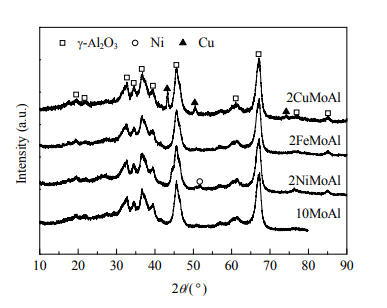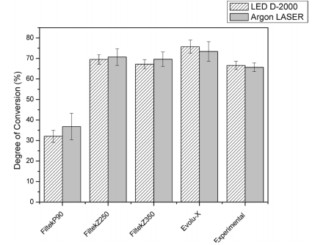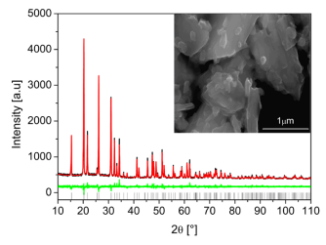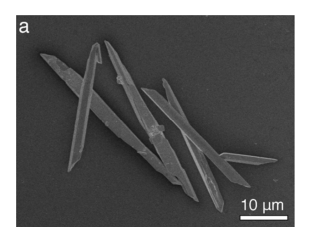
Cu, Fe, or Ni doped molybdenum oxide supported on Al2O3 for the oxidative dehydrogenation of ethylbenzene
Abstract: Molybdenum-based catalysts supported on Al2O3 doped with Ni, Cu, or Fe oxide were synthesized and used in ethylbenzene dehydrogenation to produce styrene. The molybdenum oxide was supported using an unconventional route that combined the polymeric precursor method (Pechini) and wet impregnation on commercial alumina. The samples were characterized by X-ray diffraction (XRD), N-2 adsorption-desorption isotherms, temperature-programmed reduction of H-2 (H-2-TPR), and thermogravimetric (TG) analysis. XRD results showed that the added metals were well dispersed on the alumina support. The addition of the metal oxide (Ni, Cu, or Fe) of 2 wt% by wet impregnation did not affect the texture of the support. TPR results indicated a synergistic effect between the dopant and molybdenum oxide. The catalytic tests showed ethylbenzene conversion of 28%-53% and styrene selectivity of 94%-97%, indicating that the addition of the dopant improved the catalytic performance, which was related to the redox mechanism. Molybdenum oxides play a fundamental role in the oxidative dehydrogenation of ethylbenzene to styrene by its redox and acid-base properties. The sample containing Cu showed an atypical result with increasing conversion during the reaction, which was due to metal reduction. The Ni-containing solid exhibited the highest amount of carbon deposited, shown by TG analysis after the catalytic test, which explained its lower catalytic stability and selectivity. (C) 2015, Dalian Institute of Chemical Physics, Chinese Academy of Sciences. Published by Elsevier B.V. All rights reserved.
Author(s): Braga, TP; Pinheiro, AN; Leite, ER; dos Santos, RCR; Valentini, A
CHINESE JOURNAL OF CATALYSIS
Volume: 36 Pages: 712-720 Published: MAY 2015
DOI: 10.1016/S1872-2067(14)60313-2




